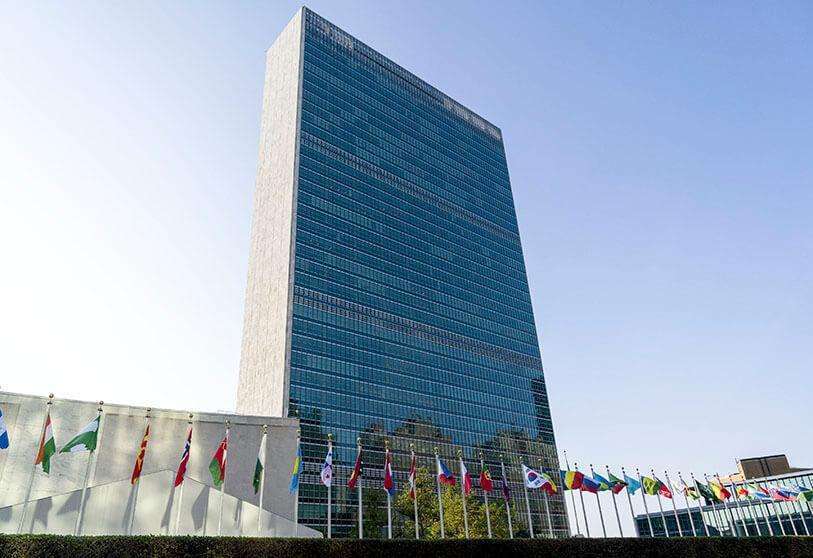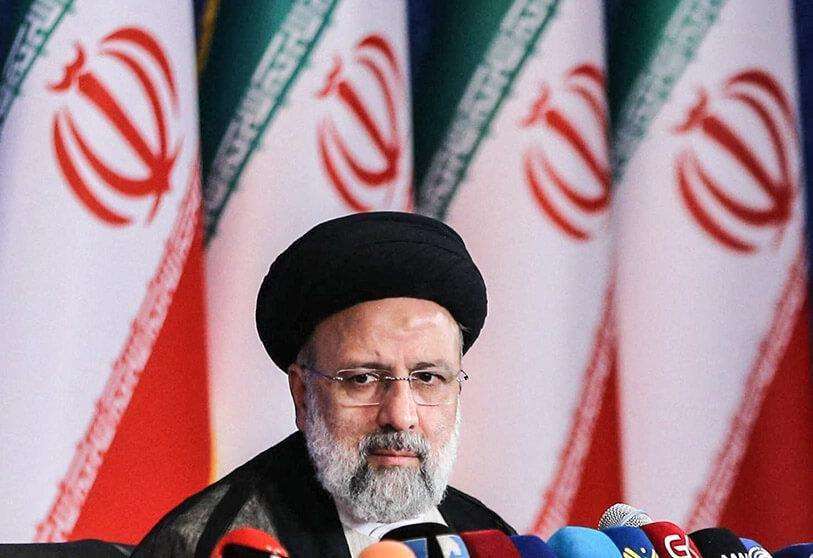BBC denounces to the UN the increasing harassment of its workers in Iran

On 10 February 2022, the BBC filed a complaint with the United Nations against Iran for the harassment and threats suffered by its journalists in the country. This complaint comes a year after Iran was accused of illegal operations against journalists.
According to a BBC statement, the complaint follows more than a decade of attacks on the BBC's Persian journalists and their families. It also mentions that these "journalists have been unable to return to Iran for fear of arrest, while their families have been subjected to travel bans, interrogated and arbitrarily detained".

Liliane Landor, Senior Controller of BBC International News and Director of World Service, and Rozita Lotfi, Head of BBC News Persian, were responsible for making the complaint. They addressed the Third Global Conference on Media Freedom, which was taking place in Tallinn, to call for UN action on the situation.
According to the BBC's statement, this complaint includes all the situations to which its workers and the network are exposed, such as the "increase and continuation of online attacks and violence" or "increased intelligence and counter-intelligence activity aimed at undermining the professional reputation of BBC News Persian and its journalists".
It also calls for "urgent action by UN experts, for the matter to be communicated to Iran and for the protection of BBC News Persian journalists to be raised at the UN Human Rights Council".
Landor explained that "the BBC will continue to stand up for its journalists, who should be free to carry out their work without fear of threats or intimidation to them or their families in Iran".

Caoilfhionn Gallagher QC and Jennifer Robinson, adviser to the BBC World Service, said they knew "from Iran's past actions that it is willing to take lethal, cross-border measures to silence its critics, and that it perceives independent journalism on Iran as a risk to its power". They also added that "the Council must take swift and robust action to hold Iran to account and ensure that BBC News' Persian journalists can report without fear".
According to the BBC, BBC News Persian has "a global weekly audience of nearly 22 million, including around 13 million in Iran, where the service is banned".
Attacks on journalists in Iran are not new, nor are complaints to the UN explaining the deprivation of press freedom in the country. That is why these allegations were supported by Paul Siegert, the national broadcasts organiser of the National Union of Journalists (NUJ), who lamented the sad situation journalists in Iran face just for doing their job.
Sierget also mentioned that they will once again "call on the Iranian government to put an end to this unacceptable behaviour".
Prior to the BBC's complaint, the UN Secretary-General and his special rapporteurs had already expressed concern about the situation of BBC staff, and warned that these actions were in breach of international human rights law.
This complaint is not the BBC's first action against Iran. Last June, the BBC had already complained to the UN about this situation. Following this situation, the country accused the BBC of making false accusations against them in order to encourage the overthrow of the Iranian government.








